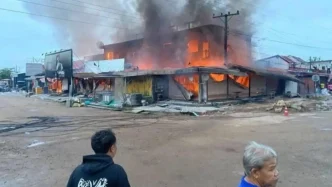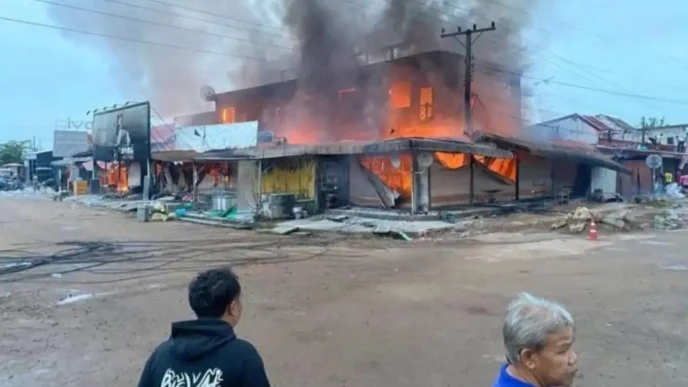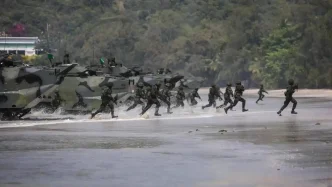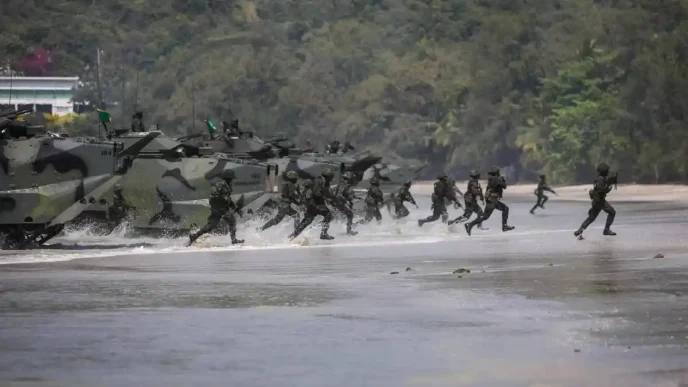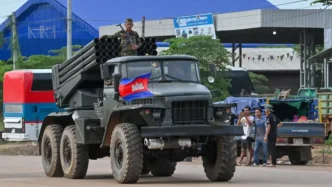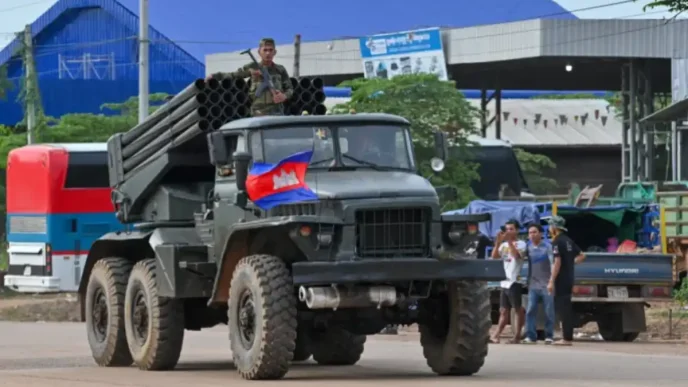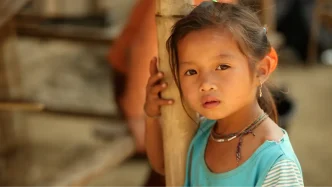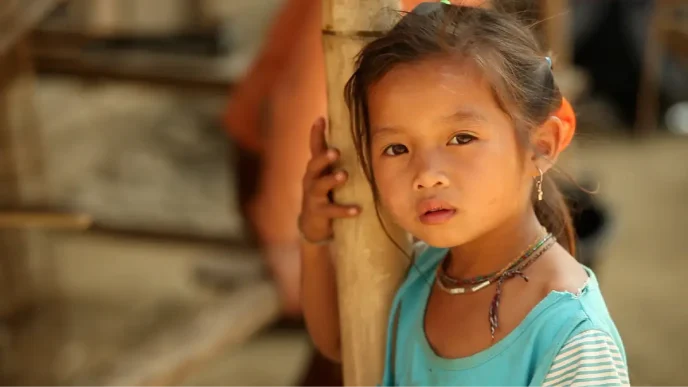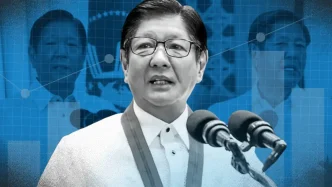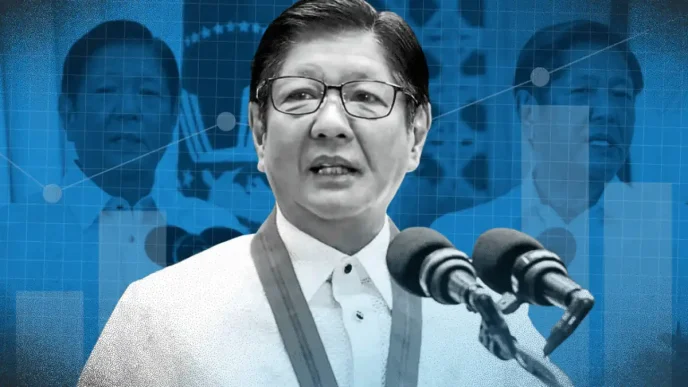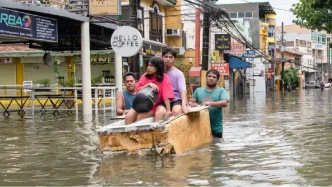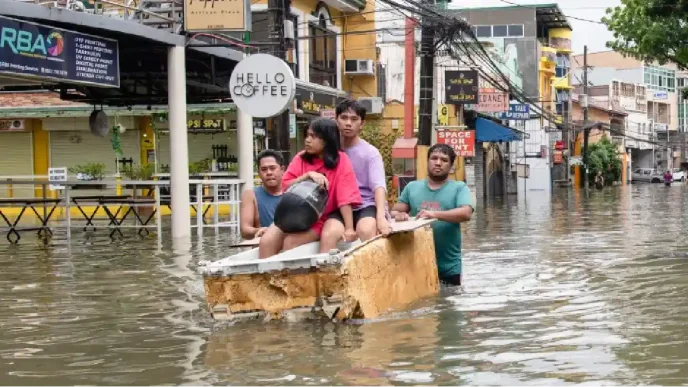Thailand’s Foreign Minister Maris Sangiampongsa has expressed profound gratitude to Qatar for its critical role in securing the release of Thai nationals held hostage by Hamas, during a significant diplomatic visit to Doha on 6 March 2025. In a meeting with Qatar’s Prime Minister and Foreign Minister Sheikh Mohammed bin Abdulrahman bin Jassim Al Thani, Maris not only acknowledged past successes but also sought continued support for the release of the last remaining Thai hostage in Gaza, alongside efforts to repatriate the bodies of two deceased Thai citizens.
This visit, marking the 45th anniversary of diplomatic relations between Thailand and Qatar, underscores a deepening partnership at a time of heightened regional tensions in the Middle East. Qatar, a key mediator in the Gaza conflict since hostilities erupted on 7 October 2023, has been instrumental in negotiating ceasefires and facilitating hostage releases in collaboration with the United States and Egypt. Its efforts have already led to the safe return of 28 Thai hostages, with five of those releases directly attributed to Doha’s mediation, as highlighted during Maris’s discussions.
A Plea for the Last Hostage
At the heart of the talks in Doha was the urgent matter of the sole Thai national still held captive in Gaza. While details about the individual remain scarce due to the sensitivity of ongoing negotiations, Maris’s appeal to Sheikh Mohammed signals Thailand’s reliance on Qatar’s diplomatic leverage in the region. The Thai government’s concern extends beyond the living to the repatriation of two deceased citizens, a process complicated by the volatile situation in Gaza and the need for international coordination.
Qatar’s role as a mediator has been pivotal since the conflict’s onset, positioning the Gulf state as a trusted intermediary in a crisis that has drawn global attention. Its ability to navigate complex negotiations with multiple stakeholders, including Hamas, Israel, the US, and Egypt, has made it an indispensable partner for smaller nations like Thailand, whose citizens have been caught in the crossfire of a conflict far from home.
The plight of Thai nationals in Gaza reflects a broader human tragedy. Many of these individuals were working as agricultural labourers in Israel when the conflict erupted, only to find themselves ensnared in a war zone. Thailand, like other nations with citizens affected by the crisis, has had to lean heavily on diplomatic channels to secure their safety, often with limited direct influence in the region.
Beyond Hostages: A Strategic Partnership
While the hostage crisis dominated headlines, the discussions in Doha extended far beyond immediate humanitarian concerns. Maris and Sheikh Mohammed explored avenues for enhanced cooperation in three strategic areas: food security, energy transition, and human security. These talks signal a mutual desire to transform a relationship historically focused on diplomacy into a broader, more practical partnership.
Thailand offered to share its expertise in agricultural technology and food processing, areas where the South East Asian nation has developed significant capabilities. For Qatar, a country heavily reliant on imports to meet its food needs, such collaboration could bolster domestic food security—a priority in a region prone to geopolitical instability and supply chain disruptions. While specific agreements were not announced, the proposal reflects Thailand’s ambition to position itself as a regional leader in agricultural innovation.
Energy transition emerged as another key focus, with both nations expressing interest in clean energy developments. Qatar, a major global supplier of liquefied natural gas, is increasingly investing in renewable energy as part of its Vision 2030 strategy to diversify its economy. Thailand, meanwhile, is pursuing ambitious targets to reduce carbon emissions and expand renewable energy sources. Though details remain speculative, potential cooperation could involve knowledge-sharing on solar or wind energy projects, areas where both countries have shown growing interest.
Human security discussions encompassed public health, education, and tourism initiatives. Thailand, a popular destination for Middle Eastern tourists, sees potential in strengthening cultural and economic ties through visa exemptions and increased travel. A notable outcome of the visit was the signing of a visa exemption agreement for holders of diplomatic, official, and special passports between the two nations. This move, while limited in scope, paves the way for easier high-level exchanges and could serve as a precursor to broader travel agreements.
Regional Dynamics and Middle East Tensions
The Doha meeting also provided an opportunity for Maris and Sheikh Mohammed to exchange views on the broader situation in the Middle East. For Thailand, a nation with a significant Muslim population in its southern provinces, stability in the region holds both humanitarian and domestic political importance. While Thailand does not play a direct role in Middle East geopolitics, its engagement with Qatar reflects a pragmatic approach to safeguarding its interests—whether protecting its citizens abroad or fostering economic ties with Gulf states.
Qatar’s perspective, as articulated by Sheikh Mohammed, likely emphasized the challenges of balancing mediation efforts with regional pressures. Doha has faced criticism from some quarters for its role in hosting Hamas’s political leadership, yet it has consistently defended its position as necessary for facilitating dialogue. For Thailand, aligning with Qatar offers a window into a complex region where diplomatic missteps can have far-reaching consequences.
The timing of the visit, coinciding with the 45th anniversary of bilateral relations, added a symbolic layer to the discussions. Maris extended an invitation to Sheikh Mohammed to visit Thailand and co-chair a Joint High Commission meeting, a gesture aimed at institutionalizing the growing partnership. If accepted, such a meeting could formalize cooperation agreements and elevate the relationship to new heights.
Challenges and Speculative Outcomes
Despite the positive tone of the Doha talks, challenges remain. The situation in Gaza is fluid, and the release of the last Thai hostage is far from guaranteed. Qatar’s mediation efforts, while successful in the past, depend on the cooperation of multiple parties, including Hamas and Israel, over whom Doha has limited control. If negotiations stall, Thailand may need to explore alternative channels, potentially involving other regional players or international organizations.
On the economic front, while the proposed areas of cooperation hold promise, their impact remains speculative. For instance, collaboration on food security could enhance Qatar’s resilience, but only if Thailand’s agricultural expertise translates effectively to the Gulf’s arid environment—a factor yet to be tested. Similarly, energy transition projects may face hurdles related to funding, technology transfer, and differing national priorities. These potential outcomes, while encouraging, must be viewed with caution until concrete agreements are in place.
## A Relationship on the Rise
The visit by Maris Sangiampongsa to Doha marks a significant chapter in Thailand-Qatar relations, blending urgent humanitarian concerns with long-term strategic goals. Qatar’s role as a mediator in the Gaza conflict has earned it Thailand’s gratitude, while opening doors to broader cooperation in agriculture, energy, and human security. The signing of a visa exemption agreement and the invitation for a high-level visit to Bangkok further underscore the mutual commitment to deepening ties.
For Thailand, the partnership with Qatar offers not just a lifeline for its citizens caught in distant conflicts, but also an opportunity to expand its footprint in the Gulf—a region of growing economic and geopolitical importance. As the two nations celebrate 45 years of diplomatic relations, the foundation laid in Doha could pave the way for a more robust alliance, provided both sides navigate the challenges ahead with care and pragmatism.
At its core, this meeting reflects the power of diplomacy to bridge continents and cultures, even in the face of adversity. Whether it leads to the safe return of the last Thai hostage or sparks innovative collaborations, the dialogue between Bangkok and Doha serves as a reminder of the interconnectedness of our world—and the shared responsibility to address its crises.



